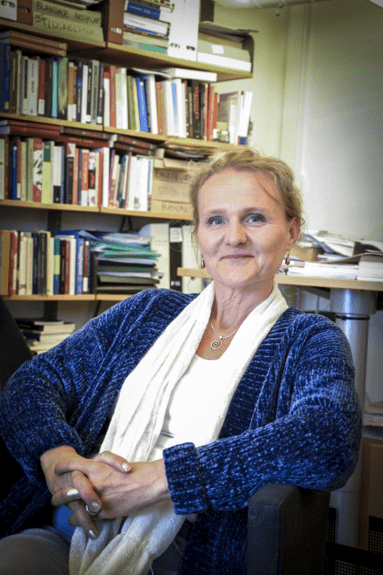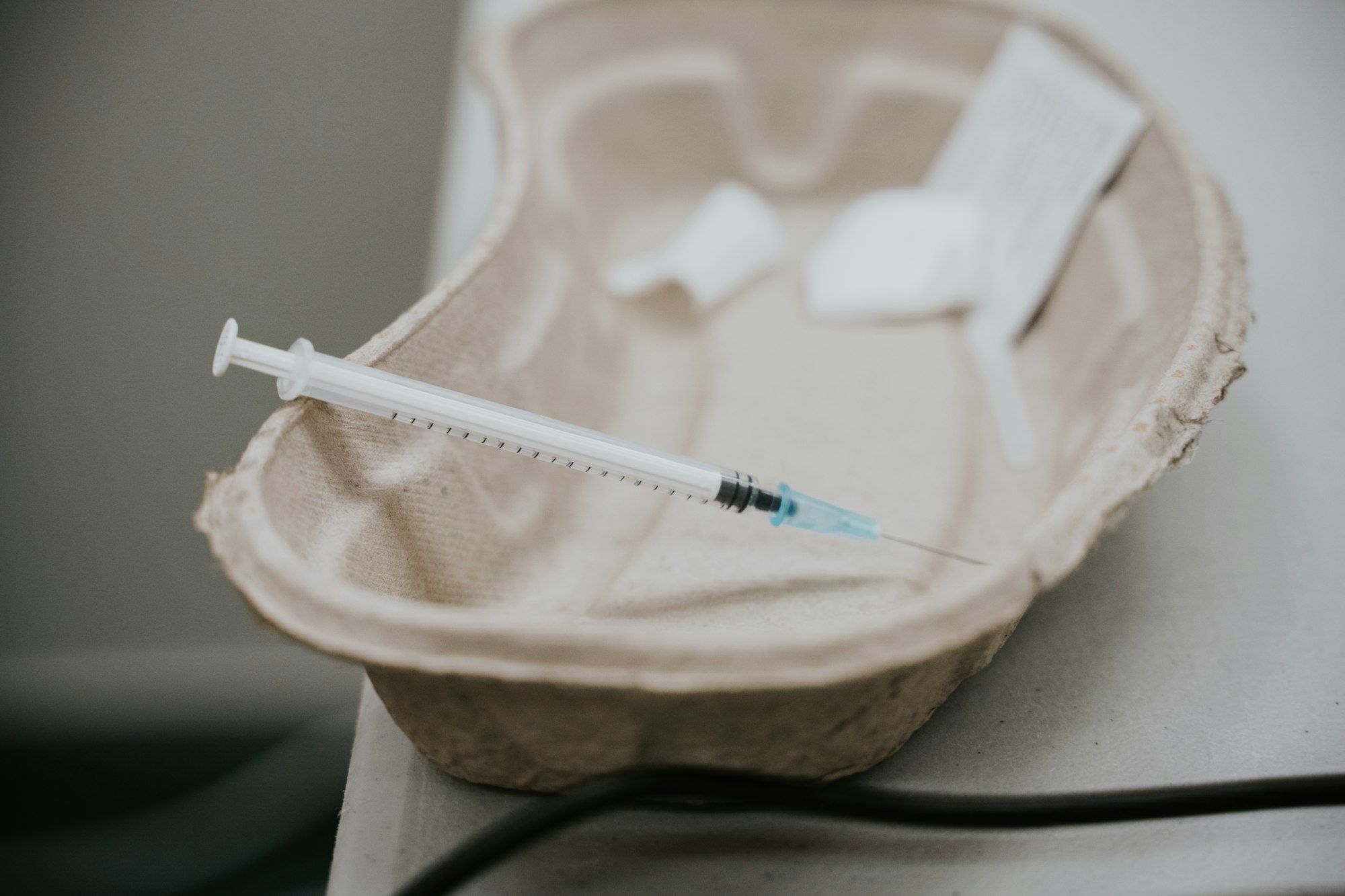In less than four months, the goal is that all adult swedes have been offered the first vaccine dose. The priority goes in accordance with the national plan of four phases, starting with the most vulnerable. However, in each phase, the priority differs, and some regions are showing better progress than others. The reason for this can much be explained by the of self-governing municipals and raises therefore once again questions of national inequalities.
The vaccination against Covid-19 began in December 2020. The Public Health Agency of Sweden recommended this to be executed by a prioritisation list in four phases, with the aim of offering people who have the greatest need for protection against Covid-19 vaccination first. The first group to be offered vacation are persons residing in care facilities and in-home care settings, or their family members and staff. Secondly, vaccination is offered to those 65 years old and above, adults receiving assistance allowance, healthcare and care service personnel, people who have undergone bone marrow or other organ transplantation and people undergoing dialysis treatment. In the third phase, vaccination will be offered to those who have an increased risk of severe Covid-19 will be offered vaccination as well as people who have difficulties following advice on infection control measures, such as individuals with dementia, or cognitive or mental functional impairment. The last, and fourth, phase includes the rest of the population to which the Public Health Agency recommend vaccination.
The national goal is set on 15 August: All adult Swedes must have been offered the first dose of vaccine by then. And by 16 May 2021, at least 80 % of all people over the age of 65 must have received at least one vaccine dose. Every 14 days, the Swedish Public Health Agency submits a forecast on the realisation of this goal. The latest update showed no change of plans for this strategy; A strategy that is streaming from a national agency, but will be ensured by regional healthcare authorities.
It is according to the basic precondition of self-governing municipals that the regional authorities decide on the actual order and procedures in the vaccination. The Swedish Public Health Agency can give recommendations but not decide in detail how the regions will distribute the vaccine. While this independence allows for regions to adjust their implementation to logistic and specific local circumstances, it may consequently generate different results in the vaccination progress. Indeed, it has been reported that priorities vary in the different regions, although within the limits of the recommended ‘four phases’ priority.
In March, it was reported that about 64 % of the health care staff in one region had received their first shot from, compared to another region, where it was only 17 % of the same category. This meant that health care staff were in some regions given priority over the elderly in the two first ‘vaccination phases’ phases, e.g. the most vulnerable. In the Stockholm region, where 50% of the health care staff were vaccinated at the same time, this priority was justified by the region based on the heavily congested health care. The risk was too critical if medical personnel were to falling sick at that time, it was considered.
On the progress in general, the statistics point in different directions depending on the region. In the region of Halland, closer to 30 % of the local population has received the first dose vaccine. In the neighbouring region, Västra Götaland, the number is instead about 22 %.* The effects are also apparent in that for instance Halland has raised concerns on an increased ‘vaccination tourism’ to their region. According to the Health and Medical Services Act, individuals are allowed to schedule vaccination wherever in the country, and when the waiting is reduced in the neighbouring regions, it encourages people to choose the quicker option. The catch is, however, that the vaccine against Covid-19 is distributed according to population size in each regional healthcare authority. Furthermore, it brings to a head the central principle on ‘healthcare on an equal basis for all’.
Finally, what must not be forgotten from this vaccination process is that the self-governing municipals in Sweden, and its implications, is not something particular for the Covid-19 healthcare crisis. The local character of the healthcare agencies is perhaps a necessity even in times of crisis. However, the principle of equal health care is always – as in the Covid-19 pandemic – challenged by the decentralised healthcare system. The lack of national coherency in this case only forced all regional healthcare authorities to the front line, revealing the regional inequalities which have often been implied considering the Swedish healthcare.
*Statistics from 24th of April 2021.
Co-Author: Amelie Kraft. Lund University, Faculty of Law.
TWEET
